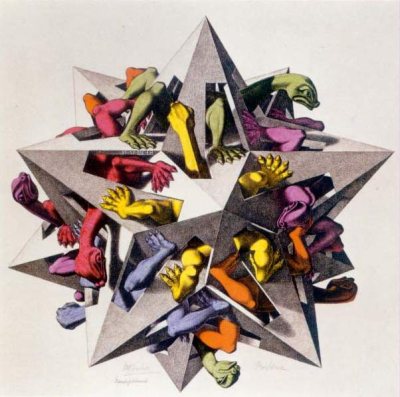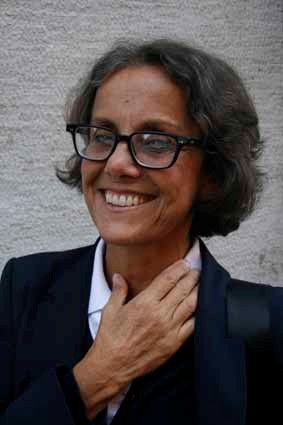The Logic of Lying Graduate School of Economic, Political and Social Sciences The recent literature about lying, deceiving, misleading and other forms of deceit in philosophy of language is quite rich. The problem is also at the centre of the public debate nowadays. (See the fortune of the concept of "post-truth politics", or the widespread worry concerning the circulation of fake-news on the Internet.)
The tutorial aims at making the logic of deception clear, by stressing the connection between the practice of deceptive processes and typically logical issues related to the theme, such as the semantic behaviour of truth, the inferential force of falsity and negation, and liar-like paradoxes. 
1. The many ways of deception
The first lecture provides a brief introduction to the different forms of deceit as currently studied and defined in the philosophy of language, in semantic and pragmatic perspective. We will focus on the definitions of ‘lying’, ‘misleading’, ‘manipulating’, ‘spinning’, and their respective doxastic force.. 2. The role of truth in the practice of conveying falsity
The second lecture will deal with the notions of falsity and partial truth in logic and in everyday interactions. We will look at the basic logical perspectives concerning the failure of truth: classical (truth excludes falsity), paracomplete (‘untrue’ does not mean ‘false’), paraconsistent (there might be true and false assertions) and gradualistic (there are degrees of truth and degrees of falsity – in fuzzy or probabilistic sense). A systematic confrontation between logic and our usual practices of assertion will be presented. 3. Is the Liar lying?
In the third lecture, I propose a very brief introduction to semantic Liar-like paradoxes. The presentation will focus on some paradoxes (such as Pinocchio Paradox or the Blushing Liar) that specifically enlighten the nexus between Liar-like paradoxes and the effective pragmatic of lying. The question is whether a person who says ‘I am lying’ (or similar assertions) can be said ‘a liar’, in the strict sense of the term. Another more interesting question is: can Machiavelli’s Prince lie, given that we know he will lie (because Machiavelli told us)? |
Bibliography
Back to the 6th Universal Logic School ! | ||||
